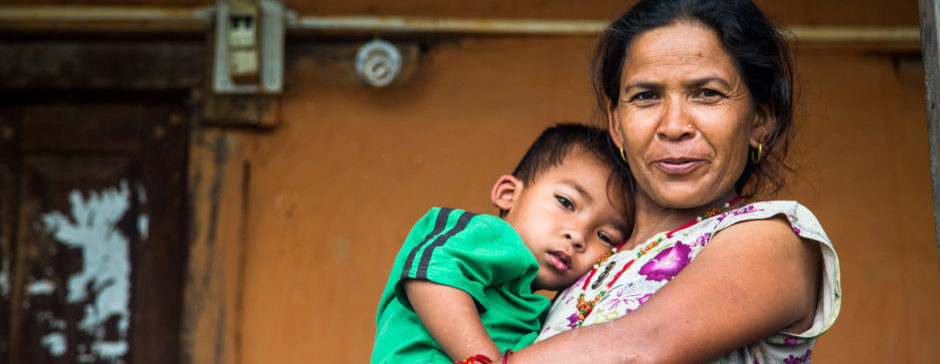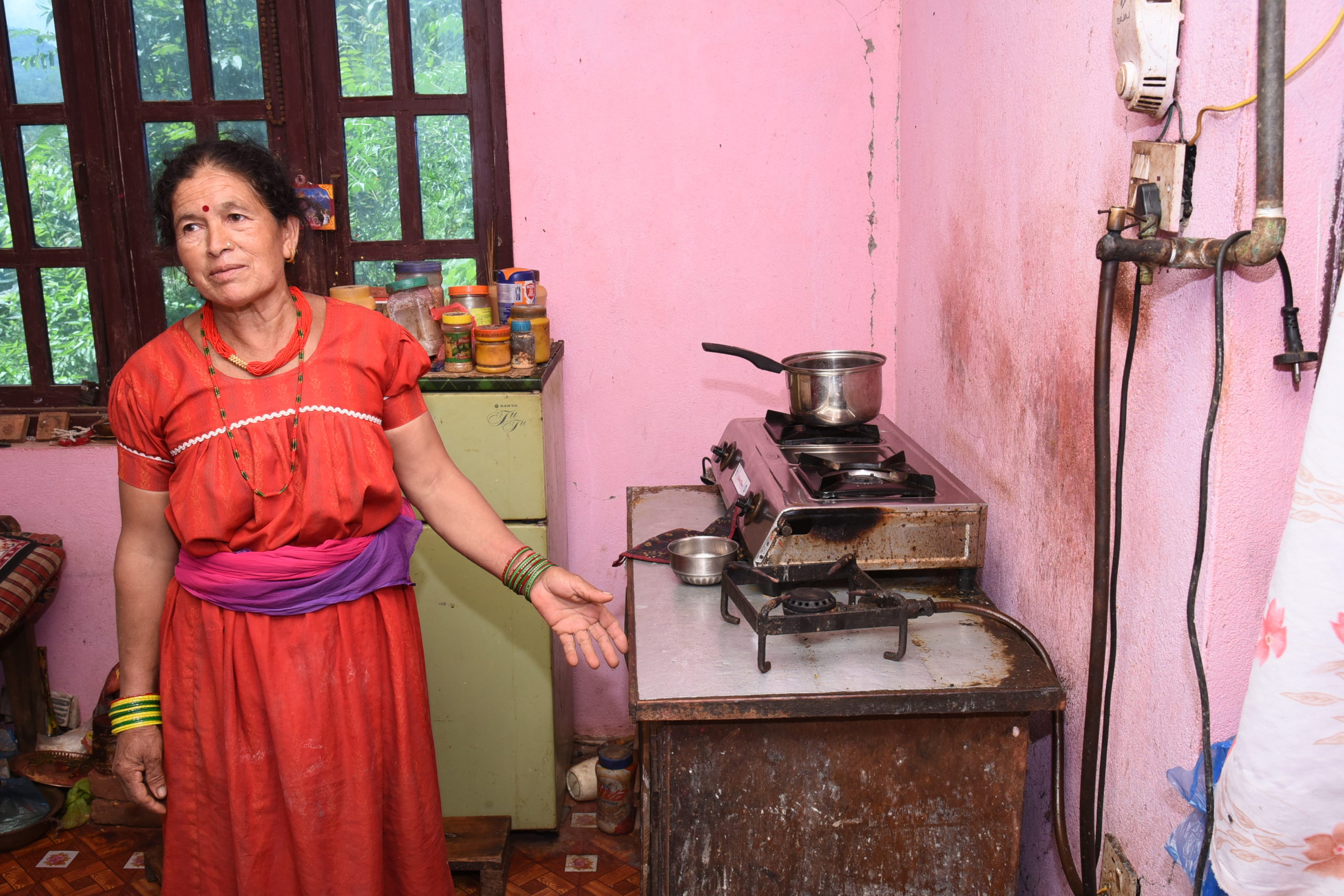Karuna Bajracharya
Country Representative, Nepal

In Nepal, approximately 69% of households use biomass fuels and open fire stoves for cooking. This negatively impacts people’s health, contributes to environmental degradation and climate change, and disproportionately impacts women and girls who bear the burden of fuel collection and meal preparation.
To address this problem, the Government of Nepal (GoN) is committed to achieving universal access to clean cooking by 2030. To reach this goal, the GoN has set ambitious targets, including ensuring that 25% of households nationwide adopt electric cooking by 2030. In service of these goals, CCA has worked closely with the GoN since 2018, providing tailored support.

Over three-quarters of the energy consumed by households in Nepal comes from wood, dung, and agricultural residue.
“Clean cooking plays a critical role in meeting the Government of Nepal’s ambitious commitments and targets to mitigate climate change and, in parallel, achieve universal energy access. We look forward to supporting CCA and other partners to work together on this critical issue and ensure Nepali citizens have access to clean and affordable cooking options.”Surendra Labh KarnaFormer Member, National Planning Commission
In 2022, in close collaboration with the Alternative Energy Promotion Centre (AEPC) and, subsequently, with the National Planning Commission (NPC), CCA launched the Country Action Plan (CAP) for Transforming the Cookstoves and Fuels Market in Nepal.
“The AEPC looks forward to a strong collaboration with CCA and other partners toward CAP implementation and achieving the goals set by the Government of Nepal on clean cooking for long-term environmental, climate, livelihoods, and health impacts.”Madhusudhan AdhikariFormer Executive Director, AEPC
In 2022, CCA and the AEPC launched the Country Action Plan (CAP) for Transforming the Cookstoves and Fuels Market in Nepal to support Nepal’s energy access goals. The CAP provides the GoN with a clear, strategic, and evidence-based roadmap with an actionable list of prioritized interventions to support Nepal’s energy access goals, especially those related to the promotion of electric cooking.
CCA and the AEPC developed the CAP based on a rigorous methodology, consultations with partners, key insights from CCA-commissioned foundational research, and various activities by partner organizations in Nepal.
CCA has worked extensively with the AEPC and, subsequently, with the NPC to ensure that the CAP is (i) aligned with the GoN’s goal and activities; (ii) integrated into the national energy agenda; and (iii) tailored to Nepal’s context. Moreover, CCA presented the CAP draft to key stakeholders, including provincial and local governments, to gain feedback and buy-in. Once the AEPC board approves the CAP, the GoN will use it to help achieve its clean cooking goals.